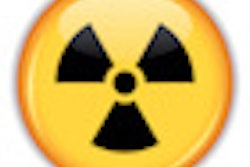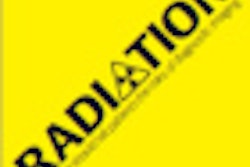How well-informed are physicians with respect to their knowledge of radiation dose? Not very, according to a U.K. study published in the August issue of Clinical Radiology.
In 2003 and again in 2010, 130 and 112 doctors respectively practicing in Oxford and South Wales completed questionnaires in which they estimated the radiation dose delivered to patients during 13 commonly performed diagnostic imaging procedures. These procedures included four MRI/ultrasound exams, CT scans, fluoroscopy, and radiography exams. Participants included equal numbers of junior physicians, middle level physicians, and consultants (Clinical Radiology, August 2011, Vol. 66:8, pp. 748-751).
When applicable, researchers calculated the average estimated radiation dose as a multiple of chest radiograph examination units. Answers within 20% of the actual dose were marked as being correct.
With the exception of a CT abdomen scan, doctors' estimates of radiation doses received in all procedures involving ionizing radiation have improved over the past seven years, according to lead author Dr. David Bosanquet, of the department of surgery in Royal Glamorgan Hospital in Llantrisant, and colleagues. But the reverse was true with respect to knowing that MRI and ultrasound modalities do not generate ionizing radiation.
The average survey score in 2010 was 29.4% and 23.3% in 2003. But if MRI and ultrasound exams had been excluded from the questionnaire, the total average score would have plummeted to 4.4%. Only 86% of all responders in 2010 correctly identified that MRI and ultrasound exams do not expose patients to radiation; in 2003, 92% of responders did.
Bosanquet and colleagues recommended that a greater emphasis be placed on educating medical students on radiation and its effects. They also suggested that clear guidelines be drafted by a body such as the Royal College of Radiologists that would be applicable to all U.K. medical schools. This would require doctors to achieve a basic knowledge of radiation dosing before completing medical school.
In addition, the authors recommended radiation dose logs for patients be established, and that patients carry "passports" with exam information and estimated radiation dose exposure for each procedure.
"The vast majority of patients are unaware of the radiation dose received during radiological examinations and the associated risks," they wrote. "There also exists a worrying lack of knowledge amongst doctors."



















